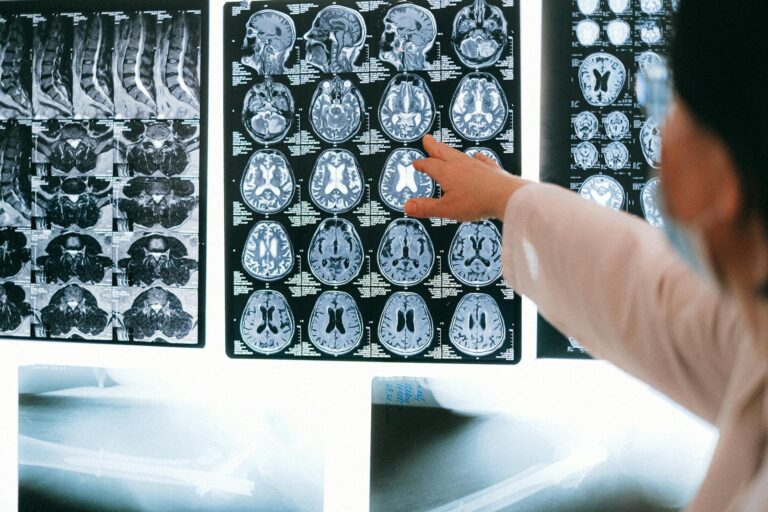Over the past few decades, the world has seen a significant increase in the number of people living with Alzheimer’s disease. According to the World Health Organization (WHO), there are currently over 50 million people worldwide who have been diagnosed with this debilitating condition, and this number is expected to triple by 2050. This alarming trend has raised concerns among healthcare professionals and researchers, as the impact of Alzheimer’s not only affects individuals and their families but also has a significant economic impact on societies around the world.
But what exactly is Alzheimer’s disease? It is a progressive neurodegenerative disorder that affects the brain and causes memory loss, cognitive decline, and behavioral changes. It is the most common form of dementia, accounting for 60-80% of all cases. Unfortunately, there is currently no known cure for Alzheimer’s, and treatments only aim at managing symptoms and slowing down the progression of the disease.
While the prevalence of Alzheimer’s has been on the rise globally, some regions have been particularly affected. In high-income countries, like the United States, Australia, and Western European nations, the number of people with Alzheimer’s has more than doubled in the last 30 years. This can be attributed to the aging population in these countries, as age is a significant risk factor for developing Alzheimer’s. As life expectancy increases and the average age of the population rises, so does the number of individuals living with this disease.
However, what is truly concerning is the rising prevalence of Alzheimer’s in low and middle-income countries. According to a report by Alzheimer’s Disease International (ADI), nearly two-thirds of people living with dementia reside in developing countries. This is projected to increase to three-quarters by 2050 if no effective preventative measures are taken.
One of the main reasons for this increase is the lack of awareness and proper diagnosis in these countries. Many people in these regions do not have access to healthcare facilities or trained professionals who can accurately diagnose and treat Alzheimer’s. Additionally, there is a stigma surrounding mental health in many cultures, leading to individuals and their families being reluctant to seek medical help.
Another worrying trend in Alzheimer’s rates is the higher prevalence among women. According to the Alzheimer’s Association, nearly two-thirds of Americans living with Alzheimer’s are women. This is partly due to the fact that women tend to live longer than men, increasing their chances of developing age-related diseases like Alzheimer’s. However, research has also shown that biological and hormonal differences may play a role in the development of Alzheimer’s in women.
The rise in Alzheimer’s rates also has significant economic implications. According to a report by ADI, the global cost of dementia was estimated to be $1 trillion in 2018. This includes the direct costs of medical care and social services, as well as the indirect costs of lost income and productivity for caregivers. With the projected increase in the number of people with Alzheimer’s, this cost is expected to rise, putting a strain on healthcare systems and economies around the world.
So what can be done to address these alarming trends? Firstly, there needs to be more awareness and education about Alzheimer’s disease in all countries. Governments need to invest in training healthcare professionals and establishing better healthcare infrastructure to provide accurate diagnosis and treatment for individuals with Alzheimer’s.
There also needs to be more research into potential preventative measures and treatments for Alzheimer’s. Currently, there is no cure, but early detection and intervention can help slow down the progression of the disease and improve the quality of life for those living with Alzheimer’s.
In conclusion, the alarming trends in Alzheimer’s rates around the world are a cause for concern. The increasing number of people living with this disease not only affects individuals and their families but also has a significant impact on societies and economies. It is essential for governments, healthcare professionals, and communities to work together to address this issue and improve the lives of those living with Alzheimer’s.





